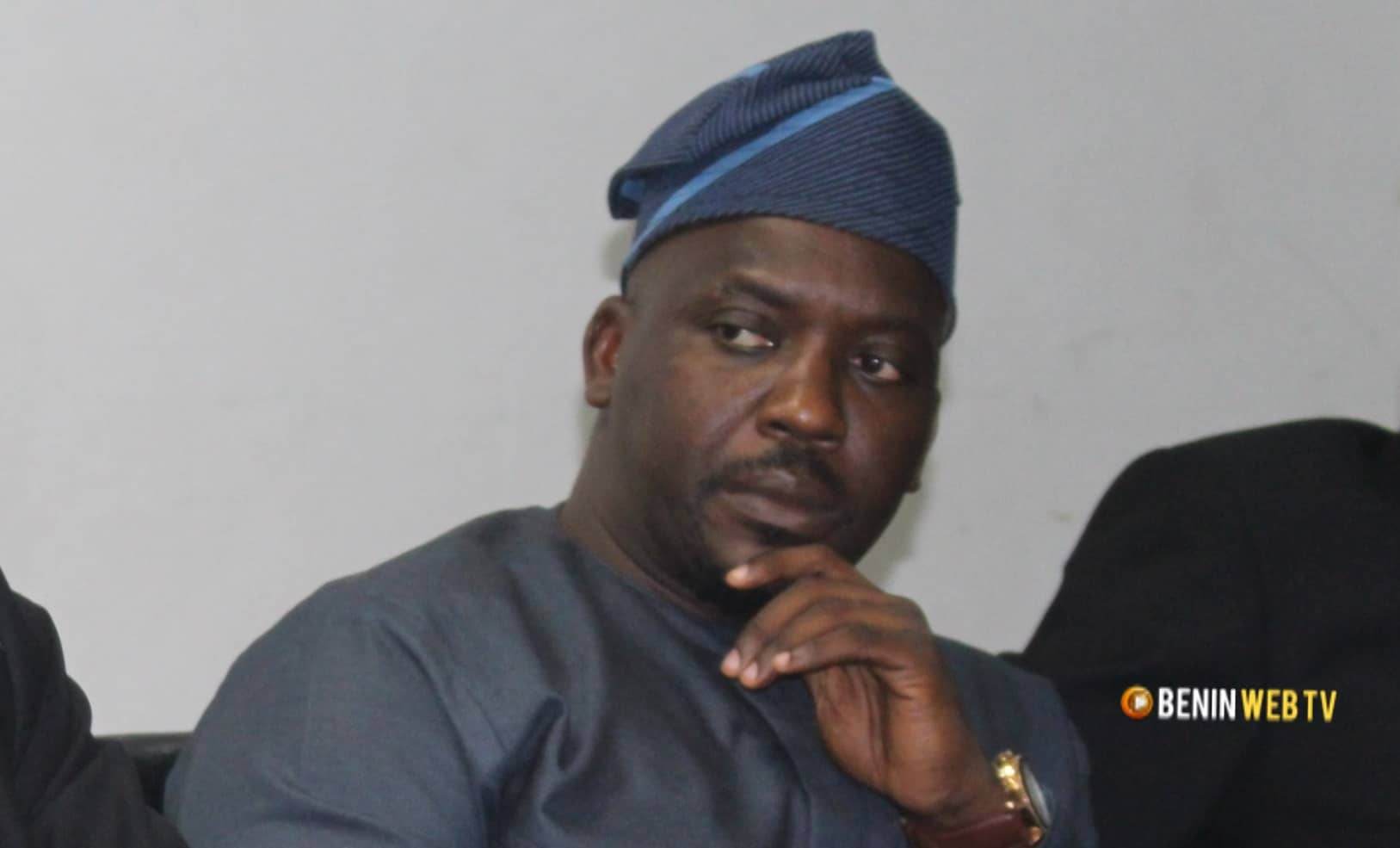“Those people are lying to you,” Guy Mitokpè accuses the regime and reveals figures
As the general elections approach in Benin, former deputy Guy Mitokpè raises his voice against the current government. In a public video shared on social media, he accused Patrice Talon’s regime of manipulating figures, repeated lies, and massive embezzlement of public resources through infrastructure projects.

SUMMARY
Guy Mitokpè stands firm on his accusations against the regime of President Patrice Talon. Pointing at the construction site of the new National Assembly building, Mitokpè recalls that it was initially budgeted at 25 billion CFA francs. Today, he claims, the bill has soared to over 78 billion, even though the site has not yet been delivered. He believes this budget overrun violates the provisions of Article 100 of the Beninese Public Procurement Code, which limits amendments to 30% of the initial contract cost. In light of this situation, the invitation made to the opposition to visit the site is deemed by Mitokpè as a “tourist visit,” unable, in his opinion, to provide serious clarifications.
To defend a regime or one’s political camp, there is no need to put on one-man-show performances, such as inviting the opposition or other political parties to the construction site of our National Assembly. We just need to tell the truth to the people or be transparent.
The former deputy also targeted other flagship road projects. He notably cites the “Cité Porto Novo” road, which went from 89 to over 150 billion CFA francs, and the Marina Boulevard, 5.6 km long and priced at 37 billion. For Mitokpè, these costs are exorbitant compared to sub-regional standards, namely 2 billion per km in Côte d’Ivoire, 4 billion in Senegal, 3.2 billion in Morocco, and even 1 billion in Nigeria, while Benin purportedly stands at a cost of 6 billion CFA francs per kilometer according to the former deputy.
Declining Social Indicators
Beyond public finances, Guy Mitokpè denounces a deterioration in social indicators. He claims that the enrollment rate has dropped from 96.9% in 2016 to 94% in 2022, that the primary school completion rate fell from 81% to 74%, and secondary from 45% to 36%. As for food insecurity, it reportedly jumped from 9.6% to 26% between 2017 and 2024 according to African Union figures.
The opponent also criticizes the inconsistencies within the government. He cites as an example the drinking water coverage rate. According to him, the Government Action Program (PAG) mentioned 67% before 2016, but a minister recently stated that this rate was only 40% before the current regime took office, before reaching 80% today. “What lies,” Mitokpè insists, seeing it as an attempt to manipulate figures for political purposes.


Comments